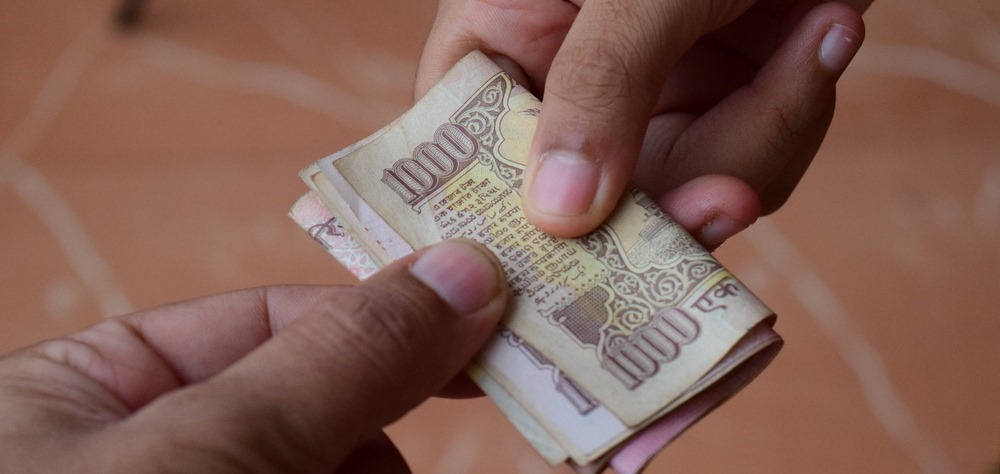Govt. May Soon Ban All Cash Transactions Above Rs 3 Lakh; Masterstroke To Stop Black Money?

The issue of black money in India is no less than poverty or global warming – such is the impact that political parties promise retrieval of black money as a poll promise; and general citizens hold dharnas and protests to force Govt. to act on tax defaulters and curb black money circulation.
It is estimated that close to $500 billion is stashed away in foreign lands, in the form the black money; and this is just the tip of the iceberg.
In order to stop the circulation of black money in India, a special panel constituted by Supreme Court of India has recommended a fresh salvo: Ban all cash transactions above Rs 3 lakh. If implemented, this can be one of the biggest anti-black money action ever taken in India.
SIT’s Recommendations To Stop Black Money
In 2014, Supreme Court of India had formed a special investigation team under retired Judge MB Shah to formulate plans and strategies to curb black money flow, and to retrieve black money hidden overseas.
This is 5th such report from this SIT, and it has mainly two provisions:
a) Ban all cash transactions above Rs 3 lakh so that there is a trail for every high value transactions, and Govt. is able to generate tax from such deals. Any such transaction above Rs 3 lakh using cash can be declared illegal and punishable by law.
b) Any company inside India can only hold cash upto Rs 15 lakh. If they are found having more cash that this limit, then it will be deemed illegal, and punishable by law. In case a company needs more cash, then a permission is required from the local Income Tax authorities.
The SIT has observed that high value transactions such as real estate deals are often conducted in cash to save taxes, and this encourages circulation of black money which harms the economy.
Initiatives Against Black Money
Earlier, Govt. had imposed an additional 1% tax on car purchases by cash, thereby deterring cash based transactions.
Last year, in one of the biggest drive against black money, PAN Card was made mandatory for any transactions above Rs 2 lakh.
Govt. is also encouraging usage of cashless transactions and Internet, so that there exists a paper trail for every transactions. Govt. has proposed a plan wherein citizens can get tax rebate, in case they pay by debit or credit card. This is yet to to be implemented.
Earlier, RBI had expired all currency notes which were printed before 2005.
SIT has strongly recommended to implement the Benami Transactions (Prohibition) Amendment Bill, which will further boost anti-black money operations, and give more power to the Govt. to stop its circulation.
